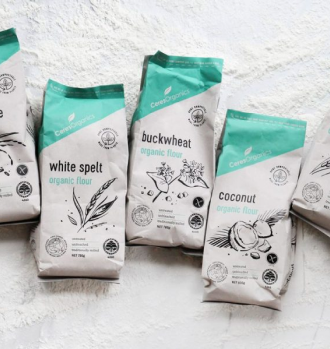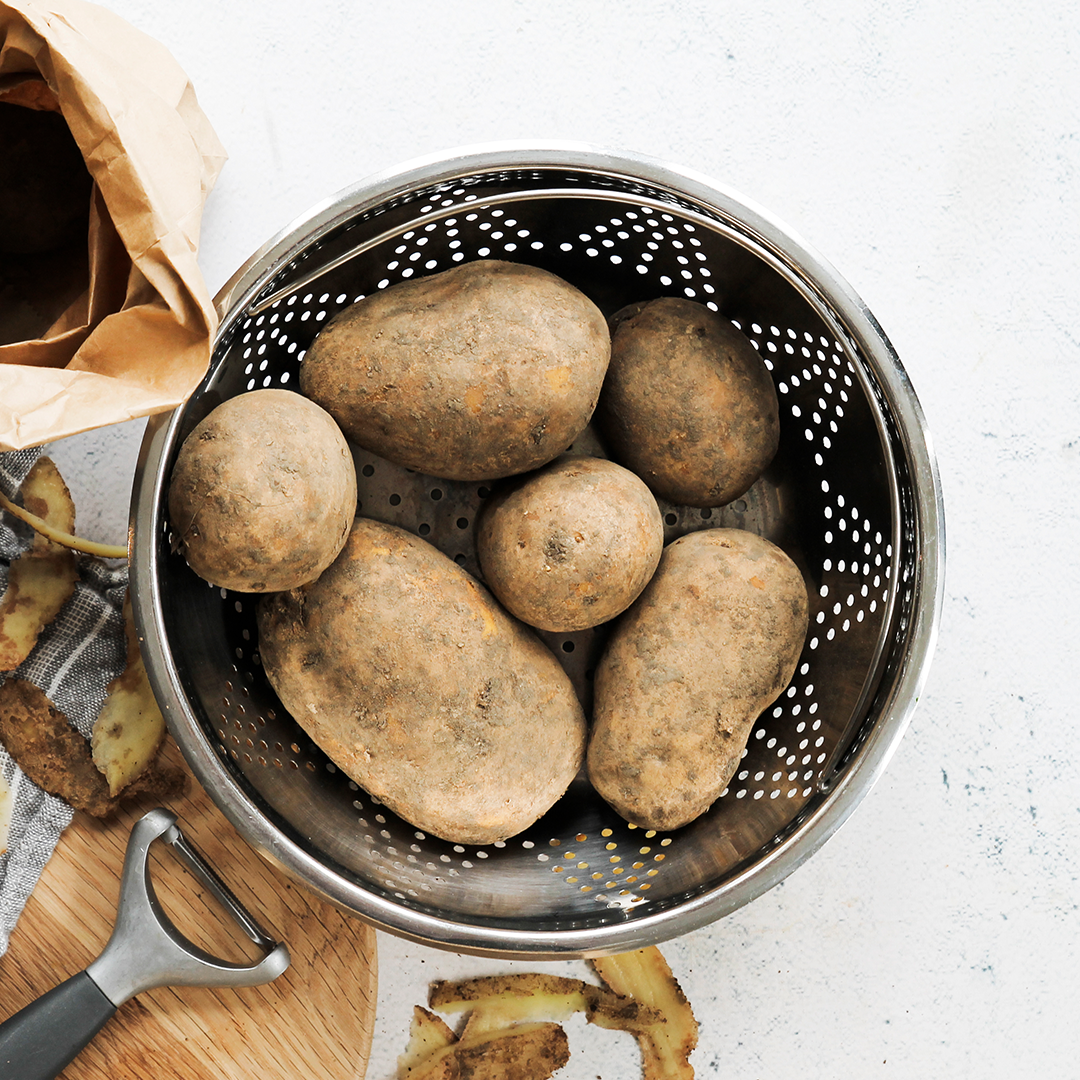
Organic agriculture works in harmony with nature to build soil health through various practices such as composting, crop rotations, green manuring and cover cropping. The focus is on building soil biodiversity and soil health.
In essence, organic farming practices focus on feeding the soil which in turn feeds the plant.
From healthy soil grows healthy plants which grows healthier food. This biodiversity provides and releases all the nutrients and resources that plants need in a biologically accessible way to grow and fight diseases. This eliminates the need to add synthetic fertilizers and pesticides which degrade the quality of our soil, can lead to pollution in our water and air ways and can remain as a residue in the food we eat.













